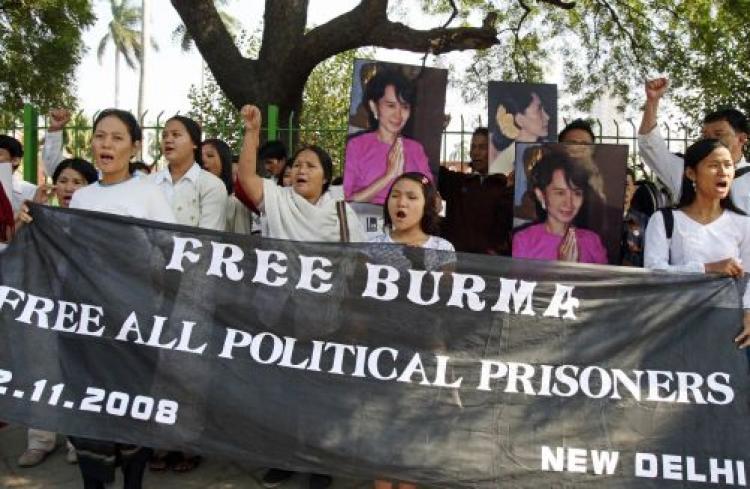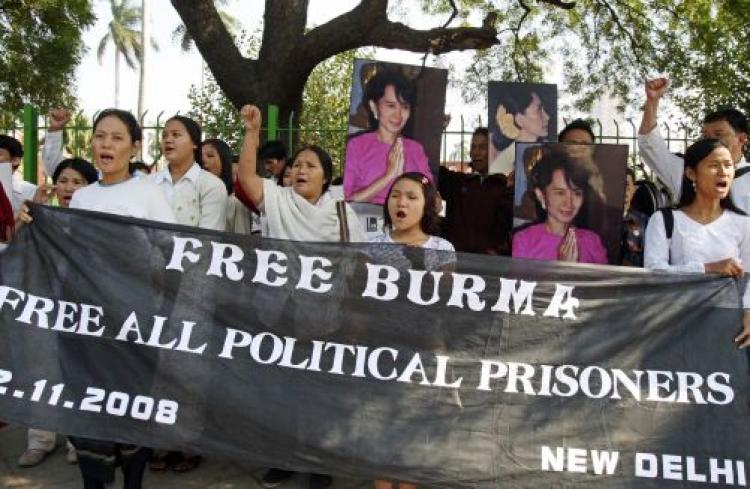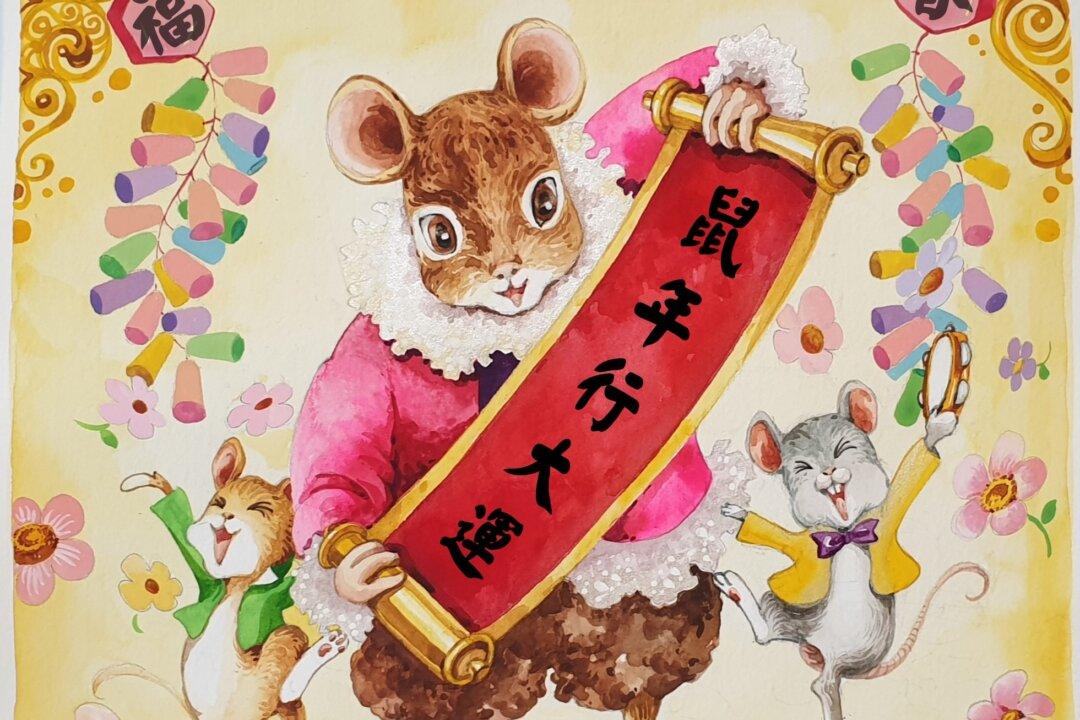Among the 112 signatories to a joint letter to UN Secretary-General Ban Ki-moon are three former Canadian prime ministers: Paul Martin, Brian Mulroney, and Kim Campbell.
In October 2007 the UN Security Council issued a presidential statement calling on the Burmese military junta to release all political prisoners in Burma, including Nobel Peace Prize Laureate Aung San Suu Kyi. The UN subsequently declared that a key benchmark for measuring progress is whether this release is carried out by the end of 2008.
Yet the number of prisoners has grown since the 1,200 in June 2007, the letter noted. According to the Thailand-based Assistance Association for Political Prisoners (Burma), there are currently 2,164 political prisoners in Burma.
The letter urged Mr. Ban “to make it clear that all political prisoners in Burma must be released by the end of this year.”
And if the junta continues to defy the UN, the letter asked Mr. Ban “to encourage the Security Council to take further concrete action to implement its call for the release of all political prisoners.”
UN Special Envoy Ibrahim Gambari has visited Burma several times for talks with the country’s ruling junta but without success.
Aung San Suu Kyi, leader of the National League for Democracy political party that won 82 per cent of the vote in 1990, has been under house arrest for 12 of the past 18 years after the junta refused to recognize her election victory. Canada granted her honorary citizenship in October 2007.
Two other prominent figures with Canadian recognition have received lengthy sentences recently for their role in the anti-government rallies in September 2007. Democracy activist Min Ko Naing and labour activist Su Su Nway received Canada’s John Humphrey Freedom Award in 1999 and 2006, respectively.
In addition, well-known Burmese comedian and social critic Zarganar, who recently received PEN Canada’s Humanity Award, has been sentenced to 45 years for his humanitarian work.
To advance the Burmese democratic movement inside and outside Burma, Tin Maung Htoo, executive director of Canadian Friends of Burma, is urging for the “tangible support” recommended in a Burma motion passed in the House of Commons in May 2005.
“Support in word without action is a kind of false hope for people struggling for freedom in their homeland,” he said in a statement.





